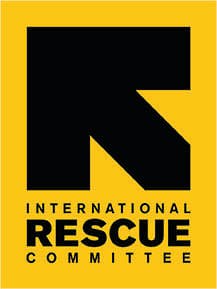

The
The International Rescue Committee (IRC) was founded in 1933 at the initiative of Albert Einstein to provide life-saving assistance to people fleeing war, persecution, or natural disasters. For over 90 years, the IRC has worked at the intersection of emergency aid, integration, and development cooperation to ensure the well-being and dignity of vulnerable people worldwide.
The IRC offers a wide range of services tailored to the needs of refugees, displaced persons, and host communities. The main areas include:
The mission of the IRC is to support people in crisis and conflict contexts, to secure their livelihoods, and to enable them to lead self-determined lives. The dignity and well-being of affected individuals are the top priority. The IRC works closely with governmental institutions and other partner organizations to improve political frameworks and bring about long-term changes[4].
The IRC focuses on sustainable development and long-term assistance. This includes:
The IRC is a member of the Initiative Transparent Civil Society and holds the certificate from the German Donation Council. This guarantees the highest transparency, efficiency, and sustainability in the management of donations. Annual audits by independent auditing firms and open annual reports ensure accountability to donors and public funders[5].
The IRC remains on the ground long-term to ensure that its assistance is sustainable and brings about tangible changes in people's lives. Through its comprehensive programs and commitment to the rights and dignity of all people, the IRC makes significant contributions to humanitarian work worldwide.